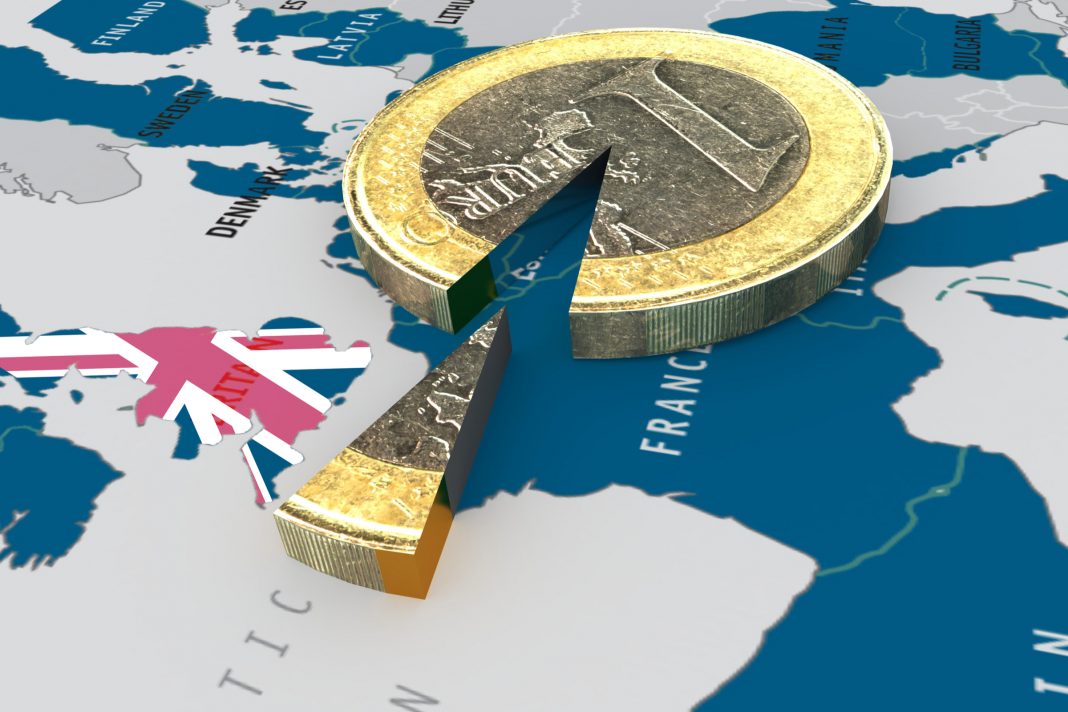The UK formally left the EU on 31 January 2020. The process started on 23 June 2016, when about 52% of Britons voted to leave the EU. This means the beginning of a transitional period in which the EU and the UK must agree on contentious issues focused mainly on trade and economic relations. There are several reasons why people voted in favour of leaving the EU. These include stopping free immigration from other EU member states to the UK, withdrawing full EU authority to set rules and standards, stopping the payment of annual membership fees to the EU and having the option of concluding free trade agreements with other countries.
The move will have a major impact on the UK economy, causing inflation and turmoil. Many domestic and foreign economists, as well as international organisations, do not see a positive short-term and long-term outlook for the UK economy after leaving the EU and believe that the exit will have catastrophic effects on the economic situation of the people. The 11% drop in the value of the pound was an immediate consequence of the majority vote to leave the EU, but the vote will also have far-reaching consequences for the economy which is in jeopardy according to financial and economic institutions and experts. The UK position as a major economic pole in the world is one of these. At the time of Britain’s accession to the European Union, it was a partner to more than 50 countries in world trade, but experts say that by leaving the EU the UK will certainly lose many of its partners, leading to unfavourable conditions for the economy.
Most predictions on Brexit results confirm its negative effects on the country’s economy. According to a study, the outcome of the referendum has imposed an annual cost of 404 on the average British household. According to the Bank of England, one of the consequences of leaving the EU without a trade agreement will be a shrinking economy of 8-9% in a year, which will also slow down the EU’s economic growth. The International Monetary Fund (IMF) also forecast a 9.8% slowdown in the UK economy by 2020 after Brexit. An estimated 950,000 jobs will also be lost in the country.
Many experts confirm the negative economic implications of leaving the EU. Ninety percent of over 600 economists polled by the Ipsos MORI Institute said Britain’s exit from the EU would hurt the economy. The poll found that 9 out of 10 British economists working in academia, industry, business and the public sector have expressed this view, and 88% said that leaving the EU is likely to bring economic growth. The British economy will go through a five-year decline period. The results show that 88% of British economists believe in a long-term decline in the GDP due to the election, and 82% said that the elections will negatively affect the income of British households. Sixty-one percent of economists surveyed also said that Brexit will increase unemployment in the UK.
Confirming the catastrophic future of the British economy, the International Monetary Fund (IMF) said in a report that Brexit would leave Britain in a state of uncertainty for a long time, destabilising monetary markets and reducing economic returns. The IMF has previously warned that Brexit could cost the British economy 100 billion pounds and could disrupt bilateral trade as well as financial flows and convergence in the region. The Institute for Fiscal Studies (IFS) also warned in a report that Britain’s exit from the European Union would lead to an increase in the budget deficit and intensify austerity measures, while losing huge tax resources. This report shows that although leaving the EU would save 8 billion a year in annual membership fees, it will cost the country between 20 to 40 billion pounds due to the loss of tax resources. The institute believes that the election will reduce Britain’s GDP and the government budget deficit.
It is also predicted that after the UK leaves the EU, foreign investment will decline and millions of jobs will be lost because international companies will prefer to move their factories to other EU countries. According to a study by Cambridge University economists, as a result of Britain’s exit from the EU, the UK will trade on World Trade Organization (WTO) terms, which will bar one-third of Britain’s exports to the EU without tariffs, one-quarter trade barriers and other exports at risk. Following the Brexit referendum, many companies relocated their assets, offices and businesses outside the UK and continental Europe. At the beginning of April 2019, banks transferred more than $1 trillion and insurance and asset management companies transferred $130 billion from the UK. Uncertainty about Brexit slowed UK growth from 2.4% in 2015 to 1.5% in 2018. The British government estimates that Brexit will cut UK growth by 6.7% over 15 years.
According to the Bank of England, leaving the EU with an agreement will lead to a 3.9% decline in the UK economy and an exit without an agreement will lead to a 9.3% reduction in the UK economy. Former UK Treasury Secretary, Philip Hammond, has said he will never agree to an election without an agreement as it would cost 90 billion pounds ($114 billion). He also stressed that the UK would move towards a catastrophe with a no-deal Brexit.
Economic forecasts after leaving the EU do not envisage any positive future for the UK. The pervasive economic crisis, the loss of jobs and the severance of economic ties with many countries with which it has previously had trade relations are just some of the catastrophic consequences of the UK leaving the EU, which will plunge the country into a long-term recession and reduce its economic growth.

